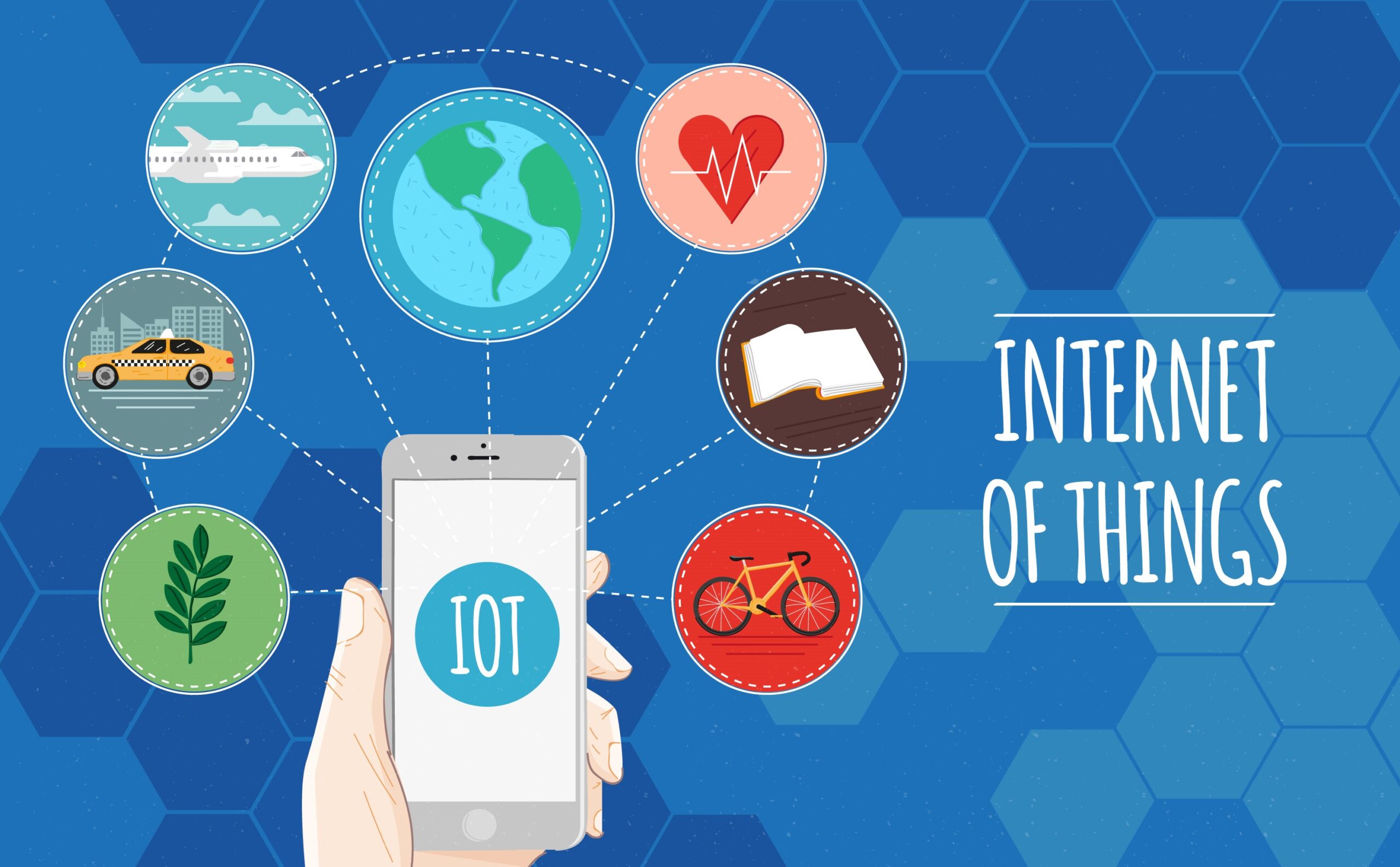Diabetes management has undergone significant advancements in recent years, thanks to innovative treatments and technologies that empower patients to control their blood sugar levels better and improve their quality of life. In this article, we explore the latest developments in diabetes management, including new treatments and cutting-edge technologies that are revolutionizing how individuals with diabetes manage their condition.
Understanding Diabetes
Diabetes is a chronic condition characterized by high blood glucose (sugar) levels. There are two main types of diabetes:
- Type 1 Diabetes: In this autoimmune condition, the body’s immune system attacks and destroys the insulin-producing beta cells in the pancreas. People with type 1 diabetes require insulin injections to survive.
- Type 2 Diabetes: This metabolic disorder occurs when the body becomes resistant to insulin or doesn’t produce enough insulin to maintain normal blood sugar levels. Type 2 diabetes is often associated with lifestyle factors such as obesity, unhealthy diet, and lack of physical activity.
New Treatments for Diabetes
Insulin Therapy Innovations
Recent advancements in insulin therapy aim to provide more convenient and precise ways of delivering insulin. For example, the development of ultra-rapid-acting insulins allows for faster onset and shorter duration of action, mimicking the body’s natural insulin response more closely. This can help individuals manage postprandial (after-meal) glucose spikes more effectively.
Injectable Medications
In addition to insulin, several injectable medications known as GLP-1 receptor agonists have been approved for the treatment of type 2 diabetes. These medications work by stimulating insulin secretion and inhibiting glucagon release, leading to improved blood sugar control and potential weight loss benefits. New formulations with longer durations of action are making it easier for patients to adhere to their treatment regimen.
Closed-Loop Systems
Closed-loop insulin delivery systems, also known as artificial pancreas systems, combine continuous glucose monitoring (CGM) with insulin pumps to automatically adjust insulin doses in response to real-time glucose levels. These systems offer the promise of tighter blood sugar control with fewer hypoglycemic (low blood sugar) events, reducing the burden of diabetes management for patients.
Emerging Technologies in Diabetes Management
Continuous Glucose Monitoring (CGM)
CGM devices have revolutionized diabetes management by providing real-time glucose readings throughout the day and night. Advances in CGM technology, such as improved accuracy, longer wear time, and integration with insulin pumps, have made it an indispensable tool for many individuals with diabetes. Some CGM systems now offer predictive alerts for impending hypo- and hyperglycemia, helping patients take proactive measures to prevent blood sugar fluctuations.
Insulin Pump Therapy
Insulin pumps deliver insulin continuously through a small catheter placed under the skin, eliminating the need for multiple daily injections. Modern insulin pumps are equipped with features such as customizable basal rates, bolus calculators, and integration with CGM systems, allowing for precise insulin dosing and better glycemic control.
Telemedicine and Digital Health Platforms
Telemedicine and digital health platforms are playing an increasingly important role in diabetes management, especially in remote or underserved areas. These platforms enable patients to consult with healthcare providers, access educational resources, and track their diabetes metrics remotely. Mobile apps and wearable devices also facilitate self-management tasks such as medication reminders, carbohydrate counting, and exercise tracking.
Lifestyle Interventions and Support Programs
Effective diabetes management goes beyond medications and technology—it also involves lifestyle modifications and ongoing support. Many healthcare providers now offer comprehensive diabetes education and support programs that address nutrition, physical activity, stress management, and other aspects of self-care. These programs empower patients to make healthier choices and take control of their diabetes management journey.
Conclusion
The landscape of diabetes management is evolving rapidly, driven by advancements in treatments and technologies that are revolutionizing how individuals with diabetes monitor and control their condition. From new insulin therapies and injectable medications to wearable devices and telemedicine platforms, these innovations are empowering patients to live healthier, more fulfilling lives with diabetes. As research continues to uncover new insights into diabetes pathophysiology and treatment options, the future holds great promise for further improving outcomes and reducing the burden of diabetes worldwide.
